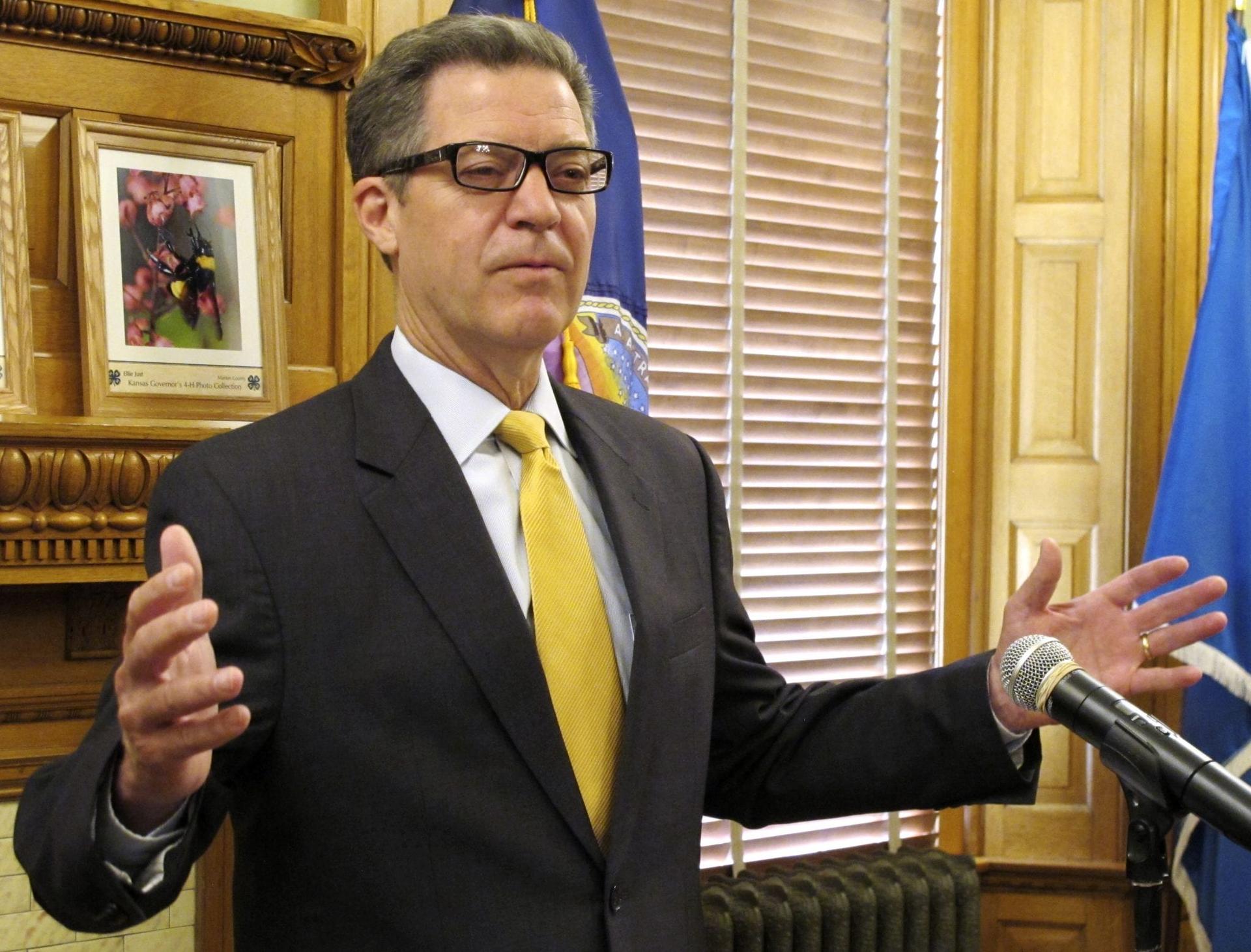WASHINGTON, D.C. – Exuding rare optimism in a world in which widespread disregard for religious freedom usually seems just par for the course, U.S. Ambassador for International Religious Freedom Sam Brownback on Friday insisted that he sees an “Iron Curtain moment” right around the corner.
“It’s like we busted through the gate, we’ve busted the barrier down, but now you’ve got to keep running,” Brownback said.
“I really like that we’re at a moment for a new burst of freedom,” he said, speaking at an event at the Senate’s Dirksen Office Building.
Fueling that rosy view was a first-ever Ministerial Summit on Religious Freedom, hosted July 24-26 by U.S. Secretary of State Mike Pompeo and drawing high-level representatives from 82 nations around the world, as well as an all-star turnout from the Trump administration including Vice President Mike Pence, Pompeo, Trump’s son-in-law and key adviser Jared Kushner, and U.S. Ambassador to the UN Nikki Haley.
Pence told the group that the U.S. has a responsibility to spread this democratic welfare around the world. The U.S. religious-freedom model is “worthy of imitation,” he said, quoting George Washington’s letter to the Hebrew Congregation in Newport.
“America has always, and will always, lead the world by our example,” the Vice President said.
Among other initiatives, Pence and Pompeo announced a new program at the event dedicated to rehabilitating victims of persecution, along with new money for severely affected regions. In particular, Pence announced establishment of the Genocide Recovery and Persecution Response Program, saying it’s intended “to rapidly deliver aid to persecuted communities, beginning with Iraq.”
Pence also used the summit to suggest the U.S. may be willing to put teeth behind all the lofty talk about religious freedom, calling on Turkey to release U.S. pastor Andrew Brunson and threatening the country with sanctions if it doesn’t.
All in all, the summit was described as the “Super Bowl” of religious freedom events by one Trump adviser, and Washington during the week did have something of that feel, with scores of smaller satellite events taking place around the edges of the big show.
Brownback spoke Friday at one such event, this one hosted by a group called the Committee for Responsible Foreign Policy. It’s a D.C.-based think tank largely devoted to reining in the war powers of the executive branch, and of late it’s seemingly noticed religion as something often in the mix when countries, or groups within countries, go to war.
(For the record, I was a speaker on a panel at the event.)
Brownback, who was a key sponsor of the 1998 International Religious Freedom Act that created his present position when he was a U.S. Senator from Kansas, appeared clearly enthusiastic on the other side of the ministerial summit.
Citing statements on specific hotspots such as China and Burma, along with others on broad themes such as blasphemy laws, Brownback said that his office had been able to secure commitments from five countries to host similar events in other parts of the world. (He cited Bahrain, Denmark and Argentina as theoretical venues for such gatherings, adding that players from civil society in each should be part of the conversation.)
“It was the first time this sort of thing was ever done, and I think we hit a home run,” he said.
Brownback suggested that among other outcomes, the summit may have marked a paradigm shift in how secular governments deal with religious conflicts around the world.
“For a long time, [religion] has been an issue that governments don’t just know how to deal with,” he said. “They see it as a source of all these problems but know it can also be a source of all these goods, so they find themselves asking, ‘What do I do here’?”
The answer, he said, is “very simple.”
“You protect religious freedom,” Brownback told the group. “You don’t pick any sides, and if people are committing crimes [in the name of religion] you go arrest them, but otherwise you just let people be free.”
Religious freedom was a major theme for candidate Donald Trump in the 2016 campaign, and since then Trump and Pence repeatedly have insisted that the protection of religious freedom is now a major cornerstone of U.S. foreign policy.
Critics, however, have questioned the meaning of that pledge when Trump has also cultivated closer ties with several nations routinely listed by watchdog groups as among the world’s worst offenders when it comes to restricting religious freedom, such as Turkey, North Korea – and, of course, Russia.
Pompeo, for instance, used Thursday’s event to blast Russia for banning the Jehovah’s Witnesses from the country, without any reference to his boss’s recent tête-à-tête with Putin in Helsinki which came and went without any dramatic public challenge from Trump to Putin over his administration’s stated core diplomatic priority.
Despite that, Brownback insisted on Friday that “this administration is on board.”
He added that among the next steps, he suggested considering what U.S. overseas assistance programs could be overhauled to make the promotion of religious freedom as a core aim, and also said it’s critical to bring security and anti-terrorism decision-makers to come to see religious freedom as essential to any strategy for long-term stability in virtually any of the world’s most troubled regions.
“We’ve got to keep pushing now,” Brownback said, in order not to squander the momentum of the ministerial.
“It’s a key moment, and I think we’re moving in the right direction,” he said. “We just have to keep the pressure up.”














